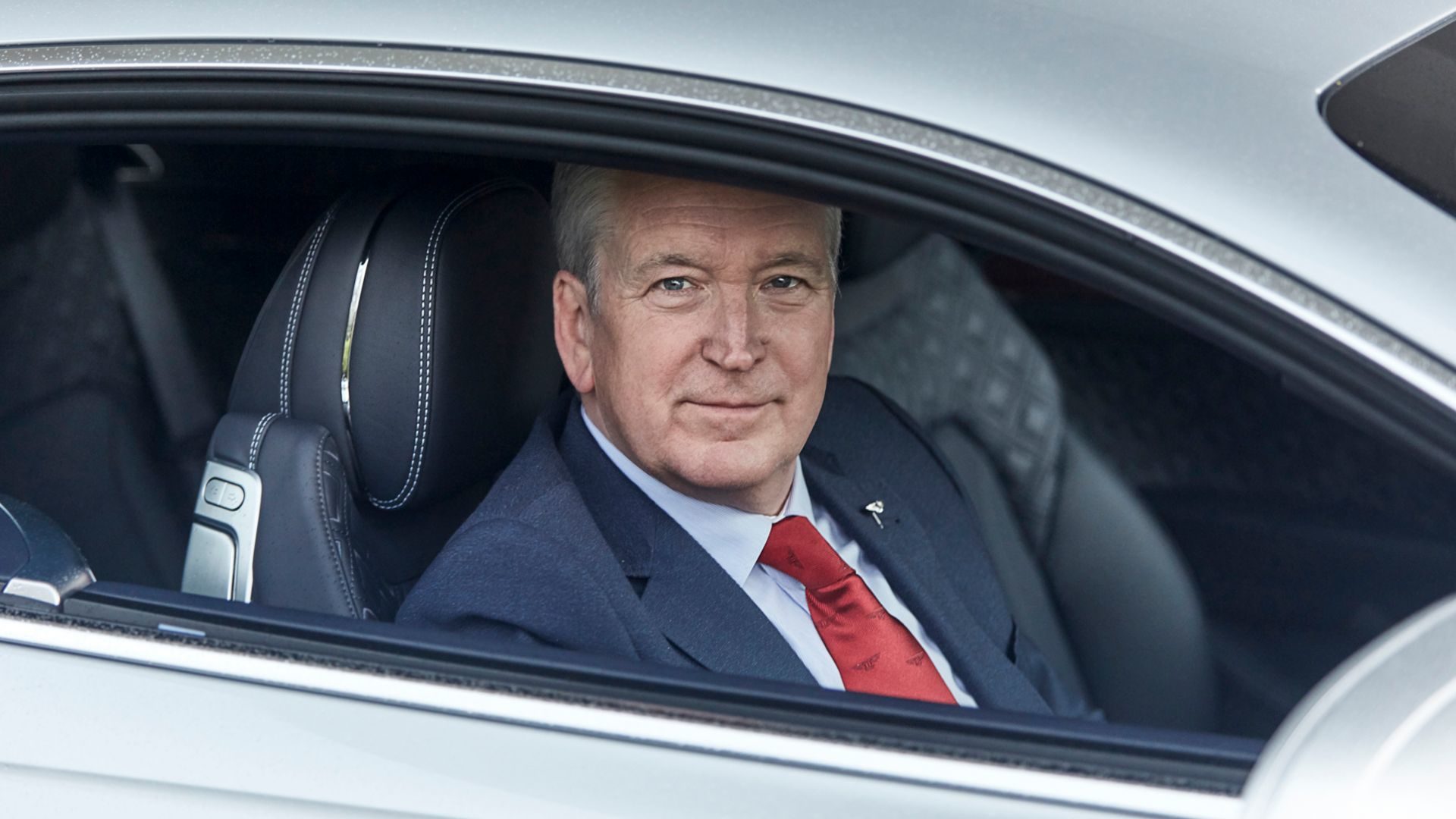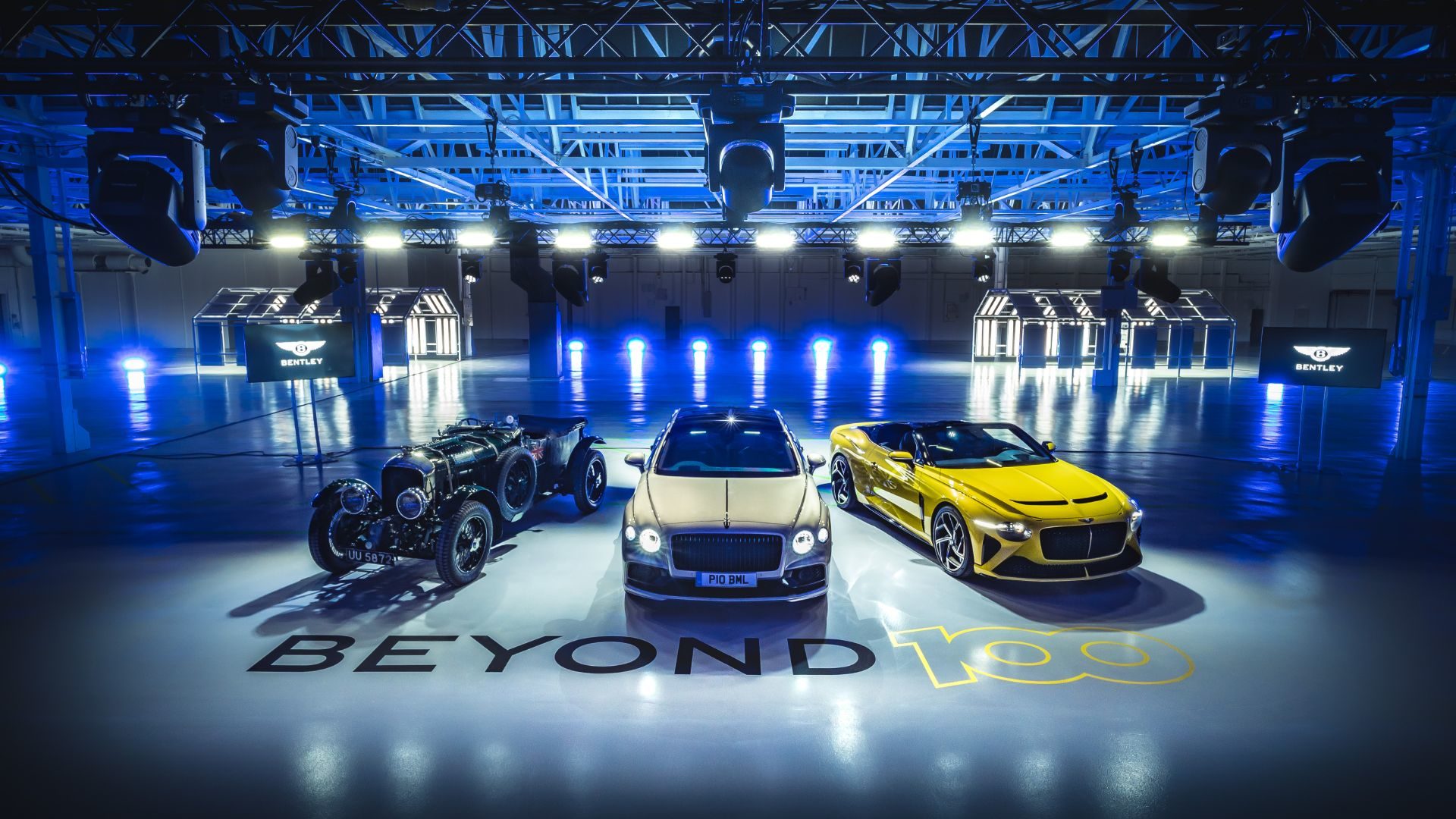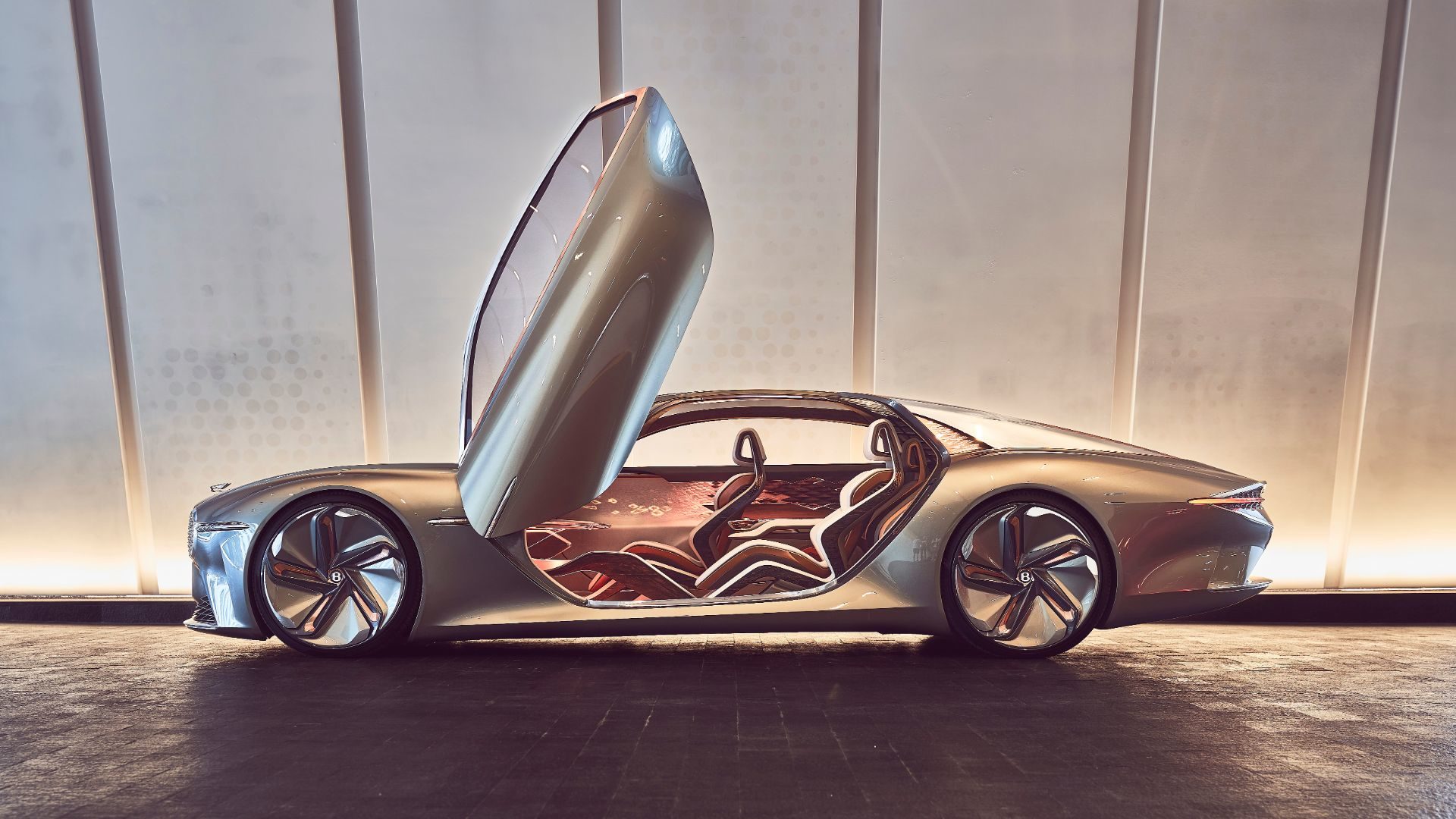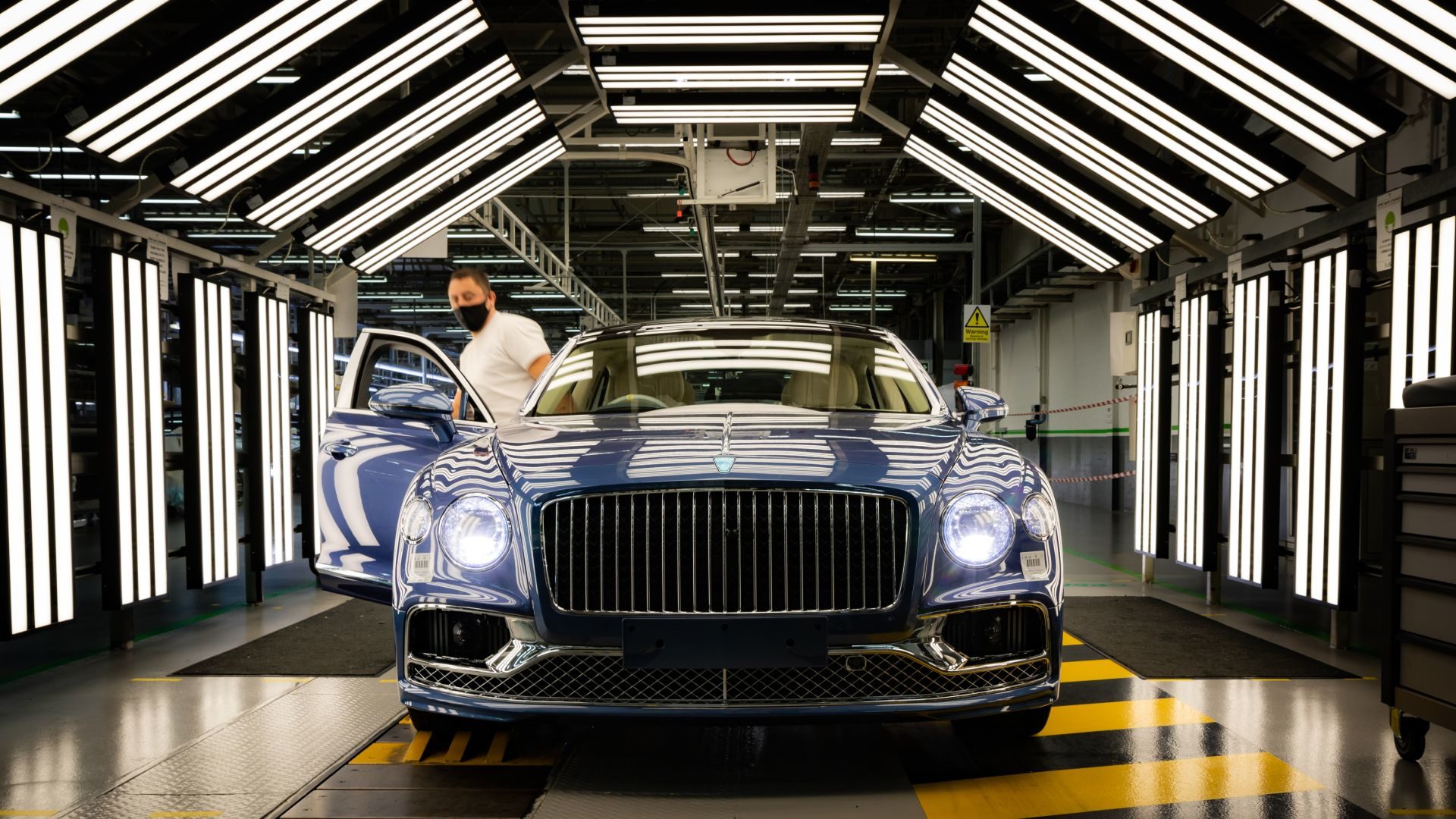
“My ideal Christmas present would be a deal with the European Union,” says Bentley CEO Adrian Hallmark. Nonetheless, he explains the British luxury carmaker is prepared for no-deal, stockpiling a month’s supply of production parts where two days is the norm. “We don’t welcome a hard Brexit, but we’re ready for it.”
This has been a turbulent year for Bentley, which achieved record profits in the first quarter, followed by a record loss – and the announcement of up to 1,000 job cuts – in the second quarter. The company has also ceased all motorsport activities as a cost-cutting measure.
Despite the twin challenges of Covid-19 and Brexit, Hallmark says Bentley ends 2020 in “good shape”, breaking even and with an order bank 50 percent larger than at the start of the year.
“My favourite description of crisis management is ‘doing everything in a six-month period that you should have done over the past five years’ – and there are so many examples of that here,” he explains. So what comes next?
‘Luxury is a growth trend’

“Luxury is a growth trend across all categories, not just cars,” says Hallmark, “and I think that will continue.”
In the longer term, he cites Bentley’s ‘Beyond 100’ strategy for sustainability as a major potential advantage. “We only build small numbers of cars, so it’s easier for us to decarbonise our footprint and choose materials that are ethically and environmentally transparent.”
One example is the 5,000-year-old river wood used in the Bentley EXP 100 GT concept car, a waste product from farming, which is preserved in peat.
Discussing the social effects of the pandemic, Hallmark says: “We’ve all learned that you don’t have to travel all the time. But when you do, isolation is not a bad thing. It’s created even more need for a private bubble – a haven, if you like.”
‘Electrification is an obligation’

Bentley has stated it will only sell plug-in hybrid vehicles from 2026, and will go fully electric by 2030. “Electrification isn’t an option, it’s an obligation,” Hallmark believes.
The shift to battery power is also more straightforward for a luxury brand, he says. Most Bentley customers have access to a charging point at home or work, and 39 percent are already considering an EV for their next car.
“The inter-city charging network is the next frontier. If you look at the rate of ramp-up for charging points, it will support 30 percent of the total UK vehicle fleet by 2030. If we create innovative charging solutions on top of that – such as inductive charging or a lorry with batteries in the back that gives you a boost while you have lunch – we can make it work.”
Vorsprung durch Bentley

One consequence of Bentley’s shift to electric vehicles will be closer alignment with Audi. In the past, the marque has shared more platforms and hardware with Porsche (all three brands are part of the Volkswagen Group).
Bentley will formally move under Ingolstadt’s wing in the second quarter of 2021 and will benefit from Audi’s new Artemis initiative for electric, highly automated cars.
“It makes sense to find the best organisation for synergies,” explains Hallmark. “Whether the Audi solution will be shareholding or simply governance is not yet determined. But we see this as an opportunity, not a risk.”
Bentleys are for driving

Hallmark says the idea of Bentleys being chauffeur-driven cars is a myth. “That was the case 50 years ago, it’s not the case today. Even in China, more than 90 percent of our cars are driven by the owner.”
“The driving feel of a Bentley is one of the top three attributes cited by our customers for buying one,” he reveals. “Autonomous cars are definitely on the agenda, but we want to orientate around the driver, with autonomous features that take the stress out of the boring bits – e.g. junction-to-junction on the motorway or complex parking manoeuvres.”
A return to motorsport is also on the cards eventually. “Racing was one of the key foundation stones for building the image of Bentley. It was the proving ground for [company founder] W.O. and for the people around him.
“For Bentley never to race again would be difficult to imagine, but it has to be relevant. Endurance racing with renewable energy is where we’d want to be.”
READ MORE:
Bentley Bentayga (2020) review
Bentley Flying Spur (2020) review
British brawn: The history of Bentley